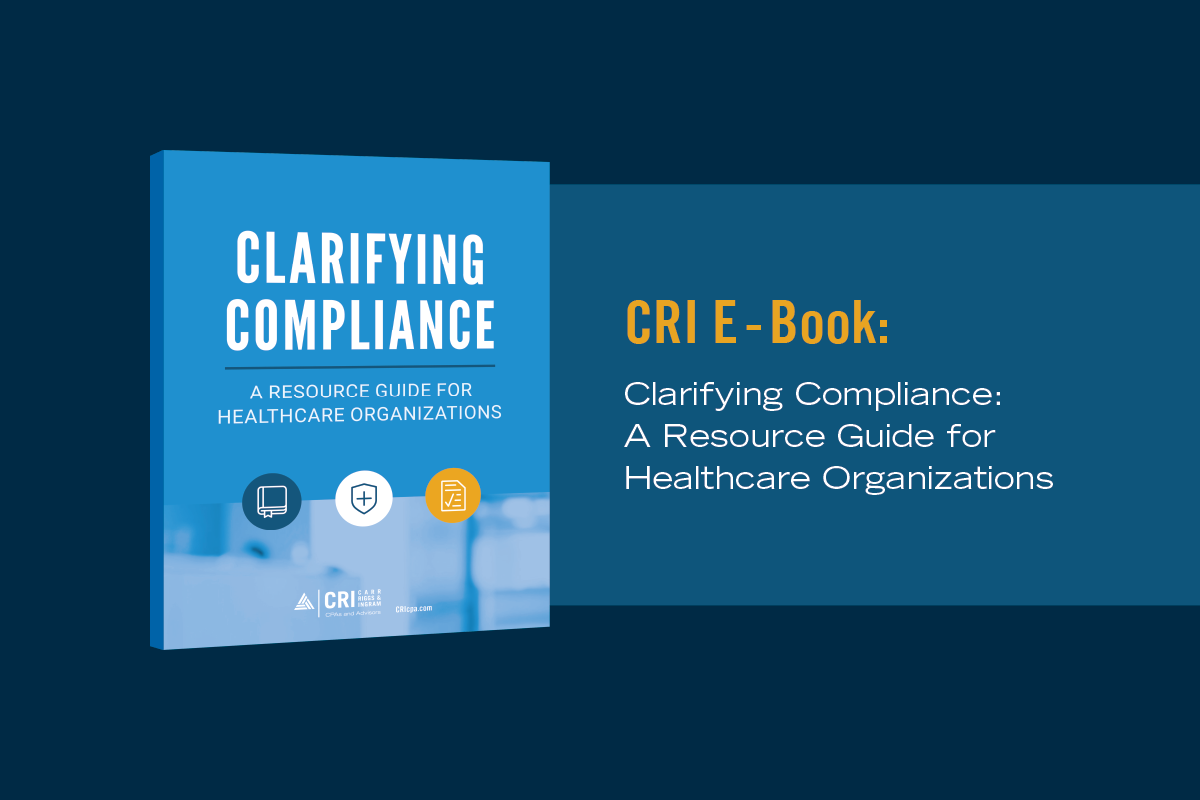Contractors Should Take A Closer Look at Site-Level Profitability
Sep 8, 2020
When it comes to identifying projects that help or hurt cash flow, contractors must be meticulous. That’s because monitoring cash at the site level can go a long way toward improving a contractor’s financial picture – and protecting their reputation.
The larger the project, the bigger the risk. Poor cash management can create a tidal wave of consequences and impact a contractor’s ability to invest in equipment or facilities, or limit their ability to take on new work.
Therefore, a critical part of financial planning is understanding the inflows and outflows of cash created by each project.
A Reliable Model
All project managers should have a basic understanding of cash flow and how it fits into their overall budgets. This way, they can recognize potential warning signs and take necessary actions sooner.
Essentially, a contractor should:
- Know their client
- Start with a realistic and profitable estimate
- Perform a cash flow forecast or projection
- Negotiate favorable contract terms
- Be aggressive in collecting payments
A reliable cash flow projection model is an indispensable tool in managing money at the site level. Admittedly, this had become challenging even before the financial impacts of COVID-19 as contracts were becoming more convoluted, and payout terms were frequently extended from 30 to 90 days and beyond.
As a result, contractors should be aware of their contractual obligations, comprehend the consequences, and perhaps consider negotiating more favorable terms or billing in advance.
Billing on time is the simplest approach to improving cash flow. Contractors should ensure that they’re billing promptly and aggressively watching their cash in-flows. It’s equally important to be aware of the owner’s financial position. They should closely monitor and “work” receivables to ensure they’re coming in on time. A contractor can even request financial statements from their clients to ensure they’re not on the verge of bankruptcy or have limitations on credit. Bond agents are often willing to run credit reports for their contractors.
Preserving Your Reputation
In short, a contractor should make sure that their clients pay promptly and that they pay their subcontractors and suppliers. Poor money management often disproportionately affects subcontractors, as general contractors typically hold onto their cash when payments get delayed.
By efficiently managing cash at the site level, a contractor will preserve their reputation in the market, both with clients and subcontractors.
Ultimately, a contractor should avoid financing an underperforming project with the proceeds from another. In times of prosperity, a contractor might fund a low-cash flow project with its reserves, but there is danger in doing that in today’s market. It’s a risky proposition that can spell disaster.
For more information on identifying and monitoring obstacles in your cash flow and sustaining site-level profitability, contact your local CRI professional for help.





















































































































































































































































































































































































































































































































